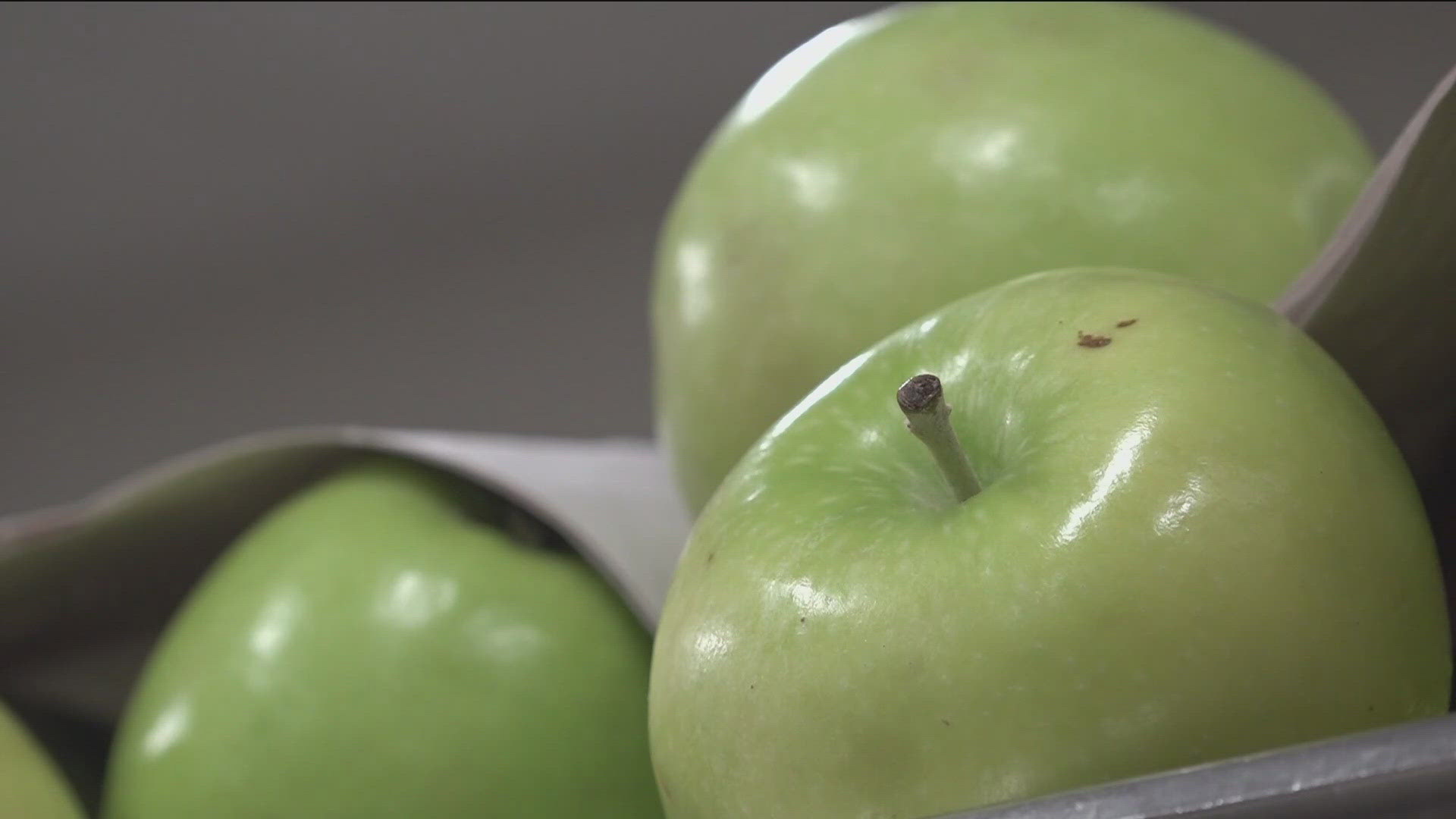LITTLE ROCK, Ark. — Recently, reports of Arkansans having their food assistance benefits stolen through electronic scams have been on the rise.
Now, Arkansans who use the federal Supplemental Nutrition Assistance Program (SNAP) can ask the Arkansas Department of Human Services (DHS) for reimbursement of benefits lost due to cloning or skimming scams.
Skimming occurs when thieves attach a device to a point-of-sale card scanner and steal information from an EBT card, while cloning involves copying stolen EBT information onto a new card to steal the benefits.
This temporary relief program only applies to thefts that occurred between October 1, 2022, and September 30, 2024.
“Improving food security for Arkansans in need is one of our state’s highest priorities,” said DHS Secretary Kristi Putnam. “We are pleased to offer this relief program for those affected by thieves who prey on Arkansas children and families.”
Anyone who believes they may be a victim of a similar scam must report the theft to DHS by November 27, 2024, to receive compensation.
Those impacted should download and complete a Declaration of Stolen Benefits form, email it to 471Mississippi11@arkansas.gov, mail to DHS, P.O. Box 2630 Blytheville, AR 72315-2802, or return it to a local DHS county office.
To protect your account and keep your personal information safe, DHS recommended the following steps:
- Keep your PIN secret and don't share it with anyone outside your household.
- Cover the keypad when you enter your PIN on a machine.
- Check your EBT account regularly for unauthorized charges. If you notice any, change your PIN immediately to stop the thief from making any new purchases.
- Check card reading machines to make sure there’s nothing suspicious overlayed or attached to the card swiper or keypad.
- DHS will not reach out via email, social media message, or text to ask for a PIN. If you receive a message asking for it, it's likely a scam.
"SNAP recipients need to set a PIN that is only known to them and not commonly used," said Mary Franklin, Director of the DHS Division of County Operations. "Avoid using easy-to-guess PINs such as 1-2-3-4 or all the same digits, like 0-0-0-0 or 1-1-1-1. These may seem handy to remember for the rightful recipient, but they also make it easy for thieves to access the account and drain the funds."

